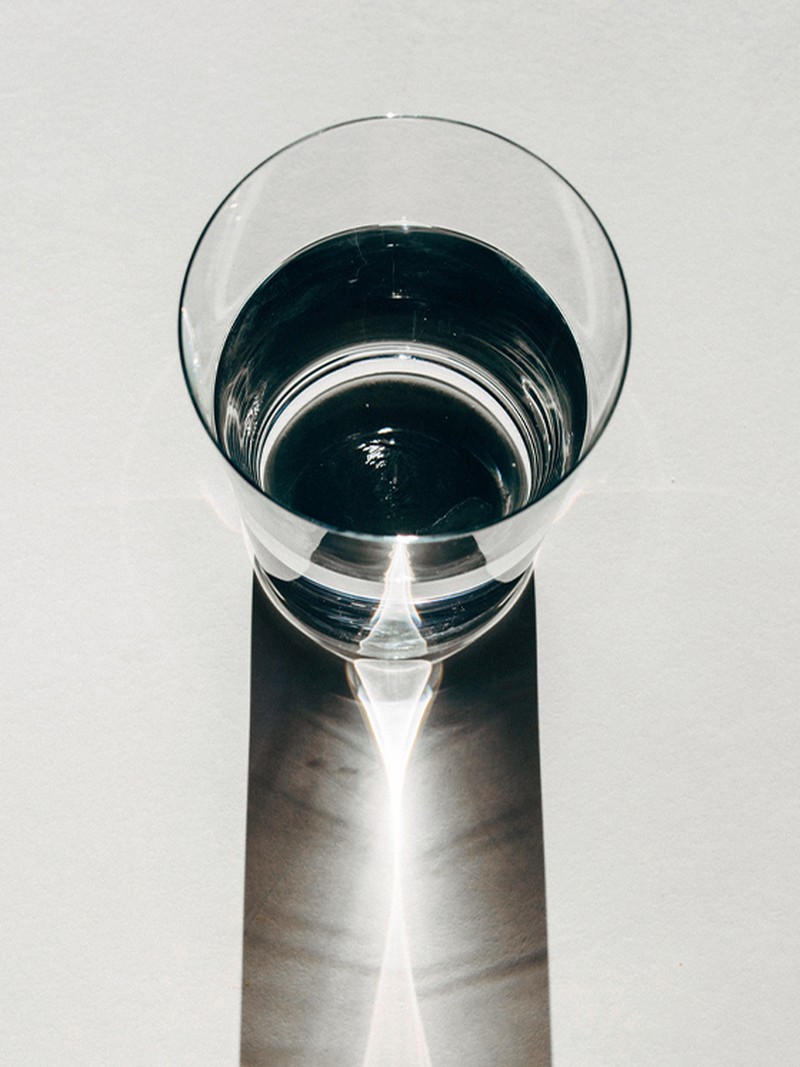An Expert’s Guide To Proper Hydration
Why exactly is hydration so important?
“Hydration is a cornerstone of our wellbeing. Water plays a pivotal role in many bodily functions, offering benefits that range from clear skin to a vibrant immune system. One of the main functions of water is temperature regulation. When you feel the warmth of the sun or engage in physical activity, your body relies on sweating to cool down. Sweating is the body's in-built air conditioning system, and water is the coolant. Hydration ensures this process works effectively. Hydration also plays a pivotal role in the lubrication of your joints, preventing stiffness and discomfort, and prevents skin conditions like flakiness and eczema. Our circulatory system, too, thrives on hydration. Dehydration can put strain on the cardiovascular system, causing our heart rate to rise and blood pressure to drop. Moreover, hydration supports mental clarity. Dehydration, even in mild forms, can fog our cognitive functions, affecting concentration, memory and mood.” – Clarissa Berry, holistic nutritionist
What are the tell-tale signs you’re dehydrated?
“Fatigue, dark urine, dry skin with decreased elasticity, dark circles under the eyes, cracked lips, headaches, dizziness, difficulty concentrating, an increased heart rate, low blood pressure, constipation and muscle cramps are all potential indicators of insufficient fluid intake.” – Clarissa
Where do electrolytes come in?
“Staying hydrated isn’t difficult, but that doesn’t mean it’s simple. In addition to keeping the water levels in your body topped up, it’s also important to think about electrolytes – essential minerals that are vital to many key functions in the body. When you’re dehydrated, the concentration of electrolytes in your body can become imbalanced as you’re losing both water and electrolytes through processes like sweating and urination. Dehydration doesn’t necessarily mean you have an electrolyte imbalance, but the two do often go hand in hand, especially if dehydration is severe or prolonged. It’s essential to address dehydration by rehydrating with both fluids and by replenishing lost electrolytes through both foods, electrolyte-rich drinks and supplements to restore balance in the body.” – Clarissa
“Electrolytes – including sodium, potassium, calcium and magnesium – play a key part in hydration and overall body function. Electrolytes allow nerves to transmit electrical impulses, muscles to contract, and they maintain our blood pressure. Without electrolytes – and adequate hydration – we don’t just feel unenergetic, our whole system starts to slow down and work less effectively.” – Phoebe Liebling, nutritional therapist
What are some common pitfalls you see women making when it comes to hydration?
“It may surprise you to hear that I see more dehydration with my clients in the winter than summer months. The reason is that during the summer, we are aware of the temperature and correlate this with an increased need to drink water. In the winter, we sit in central heating, wrap up in warm layers and become less attentive to drinking water. Many of us also tend to reach to warm drinks like tea, coffee, matcha, hot chocolate and soup, which feel like we’re consuming liquids, but ultimately means we don’t drink as much water as we should be.” – Phoebe
How bad are alcohol and caffeine?
“Both can affect electrolyte levels, so be mindful. Caffeine has diuretic properties, which means it increases urine production. This can result in increased fluid loss and a drop in electrolytes, particularly sodium and potassium. Alcohol can lead to dehydration by prompting the kidneys to increase urine output, causing fluid loss and potential electrolyte imbalances. Alcohol can also affect the absorption and utilisation of certain electrolytes and nutrients in the body.” – Clarissa
Is there any way to make these habits healthier?
“Always match a caffeinated or alcoholic drink with a glass of water. If you’re going on a big night out or celebrating at a wedding where you know you’ll be drinking alcohol, pre-empt the dehydration and electrolyte losses by having 500-750ml of water in advance and adding electrolyte drops to this. If you don’t have electrolytes on you, a tiny pinch of good quality sea or Himalayan salt in a glass of water is a good substitute. I would also avoid having large amounts of both caffeine and alcohol in any 24-hour period.” – Phoebe
Do hormonal shifts affect hydration needs?
“Yes – the body’s intricate hormonal system plays a role in regulating fluid balance, and alterations in hormone levels can lead to changes in how our bodies manage and retain fluids. For example, during menstruation, many women experience fluctuations in oestrogen and progesterone levels. These hormonal changes can lead to water retention and bloating, increasing the body's need for hydration and electrolytes. Similarly, in pregnancy, hormonal shifts can result in increased blood volume and changes in kidney function, necessitating higher fluid intake to support both the mother and the developing baby. At the same time, stress hormones increase the need for sodium, which explains why you may experience salt cravings when stressed.” – Clarissa
Here, the experts share their top tips for optimising your hydration needs…
Get In Tune With Your Thirst
“As a rough guide, aim for around 30-35ml of water per kilogram of your bodyweight daily. If you weigh 70kg, you should aim for 2.1-2.4 litres per day. If you are exceeding this intake but still feel thirsty, your electrolytes are too low, and you need to add them back in. If you do regular sweaty exercise, hot yoga, use a sauna or have regular Epsom salt baths, you’ll also have a higher need for electrolytes. You’ll know if you are overdoing electrolytes if your water takes on a salty taste.” – Phoebe
Don’t Be Afraid Of Salt
“Salt gets a bad rep, but as long as sodium intake is matched by intake of other electrolytes – especially magnesium and potassium – we shouldn’t be avoiding salt. I’ve actually seen many more people in recent years suffering from issues like high blood pressure as their sodium intake is too low. Use a good-quality sea salt and don’t be afraid to add it to food.” – Phoebe
Try An Electrolyte Supplement
“Prioritise electrolytes from food sources to ensure a varied supply of minerals but consider a supplement for a boost. Look for a product that contains a range of minerals – including sodium, potassium, magnesium and calcium – and steer clear of added flavourings or sweeteners. I take Elete drops daily, adding several drops to my water bottle each time I refill it. To maximise the benefits of these supplements, sip throughout the day, rather than in one large dose.” – Clarissa
Eat More Sweet Potatoes
“Sweet potatoes are rich in potassium, calcium and magnesium. If you love potatoes, consider swapping for sweet potatoes for an electrolyte hit.” – Phoebe
Up Your Fruit & Veg Intake
“Leafy herbs, watermelon, bananas, tomatoes, peppers, cucumber and celery are great sources of electrolytes. Centre your diet around these foods if you feel you need a top-up after a sweaty workout – enjoy fresh tomatoes, peppers and cucumber with a squeeze of lemon juice and a sprinkle of salt.” – Phoebe
Drink Coconut Water
“This is a great option for optimal hydration, but it must be raw. Many products available now are pasteurised and have sugar added to them, which we want to avoid. I recommend Rebel Kitchen, Chi Coconut and Jax Coco.” – Phoebe
Be Wary Of Filtering Your Water
“Many people filter their water for the supposed health benefits, then find themselves drinking more and more as they become functionally dehydrated. When we filter water, we remove the minerals, and this includes electrolytes. If you filter your water for the taste, consider adding in an electrolyte supplement.” – Phoebe
For more from the experts visit NaturalNourishment.me & ClarissaBerryHealth.com.
SHOP OUR FAVOURITES HERE
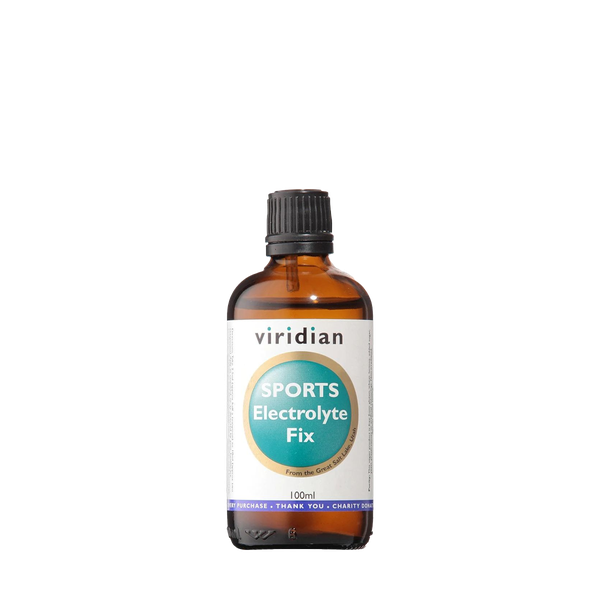
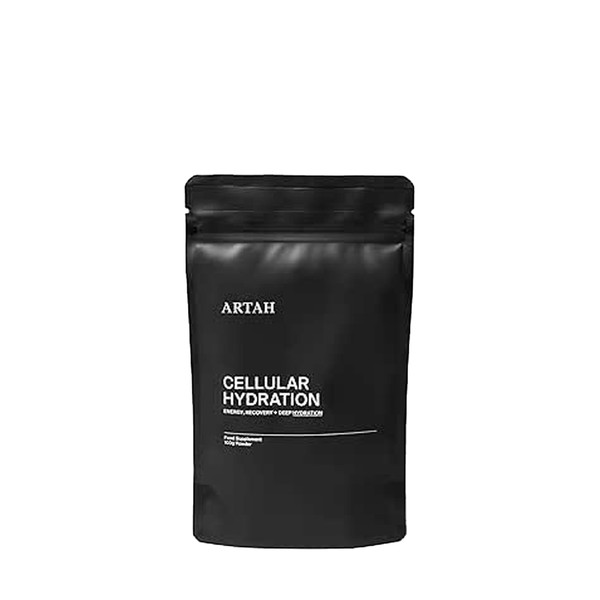
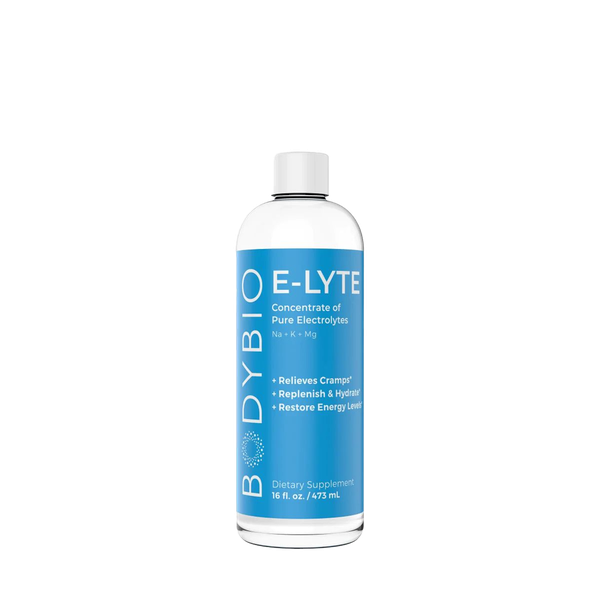
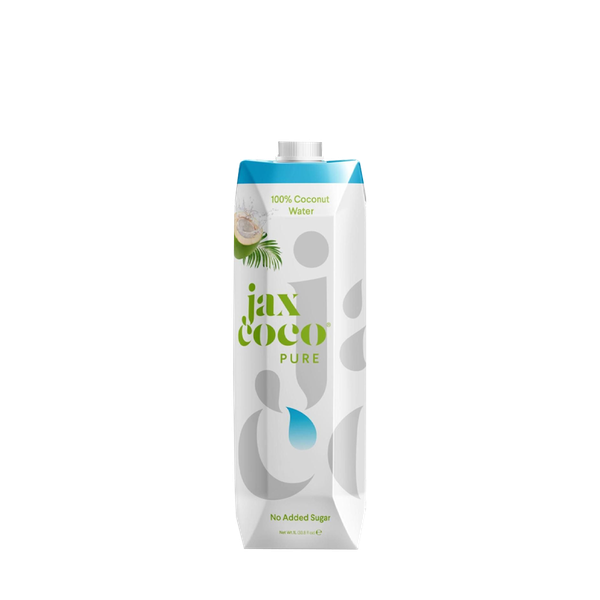
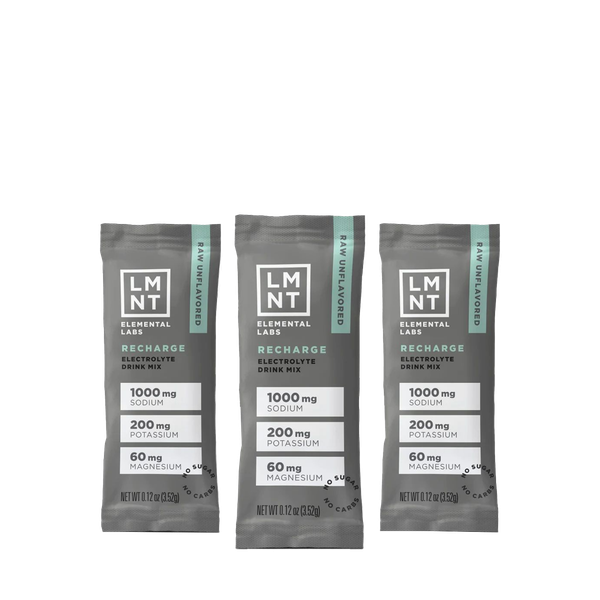
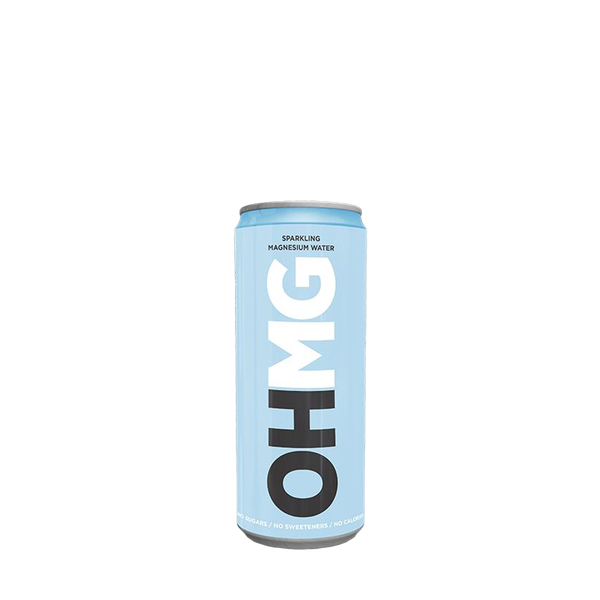
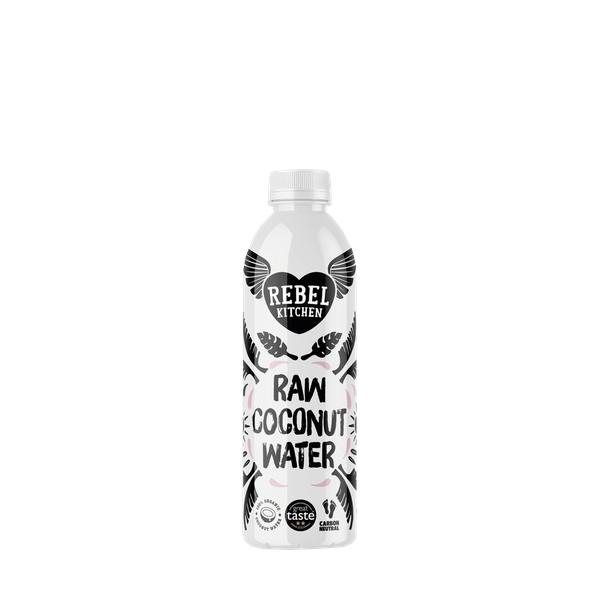
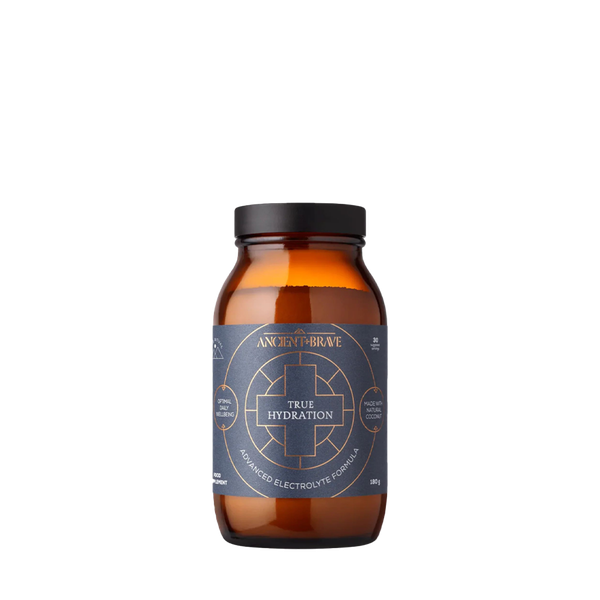
DISCLAIMER: Features published by SheerLuxe are not intended to treat, diagnose, cure or prevent any disease. Always seek the advice of your GP or another qualified healthcare provider for any questions you have regarding a medical condition, and before undertaking any diet, exercise or other health-related programme.
DISCLAIMER: We endeavour to always credit the correct original source of every image we use. If you think a credit may be incorrect, please contact us at info@sheerluxe.com.
